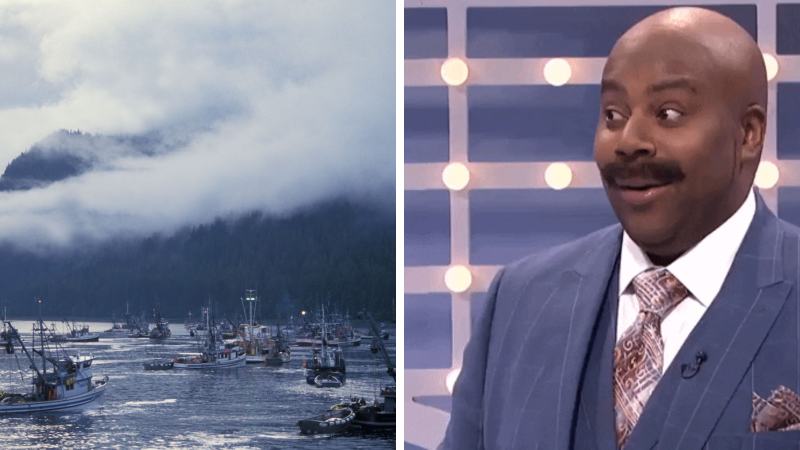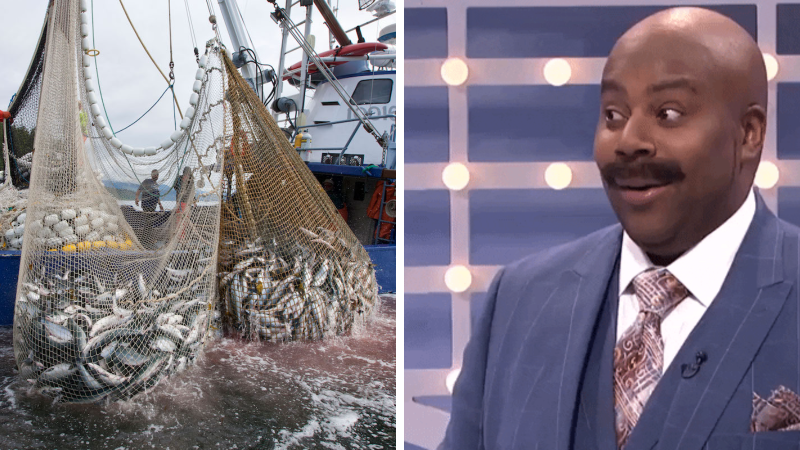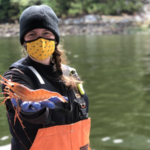A new report commissioned by Watershed Watch Salmon Society and SkeenaWild Conservation Trust showing that millions of B.C. salmon are being intercepted by Alaskan fishermen is “unfair and biased”, according to the Alaskan government.
“I was disappointed by what I consider to be a targeted attack on Southeast Alaska salmon fisheries by these special interest groups,” Alaska Department of Fish and Game Commissioner Doug Vincent-Lang said in a statement. “I take our obligations to fulfill Treaty commitments seriously. Moreover, I find the timing of the release of this report to be suspect as it coincides with on-going Pacific Salmon Treaty meetings. The summary comments were subjective and one-sided and appear to be designed to derail Pacific Salmon Treaty talks.”

But people in B.C. who are witnessing dangerously low salmon runs as Alaskans take in huge hauls disagree with that assessment.
The report, says a release from the Tŝilhqot’in Nation, “could partially explain the historically low returns that the province and our territory have experienced over the past few years and has led to fishing closures.”
“While hundreds of thousands of B.C. bound salmon are harvested by commercial fisheries in U.S. waters, Tŝilhqot’in families have gone hungry and have been denied their Aboriginal right to fish,” it explains.

As The Skeena reported earlier this week, “the report states that nearly 34 million pink salmon were caught in Southeast Alaska in 2021, but it’s still unclear what proportion of that were of Canadian origin. As well, over 1.2 million chum were harvested in District 104, many of them produced in Alaskan hatchery facilities.”
“However due to the lack of reporting, both SkeenaWild and Watershed Watch admit the number of co-migrating B.C. chum is unknown,” the story reads.
Yet Aaron Hill, Executive Director of Watershed Watch Salmon Society, says the report brings light to an important and growing threat to B.C. salmon.
“Alaskan fisheries are now the biggest harvesters of a growing number of depleted Canadian salmon populations,” he said.




